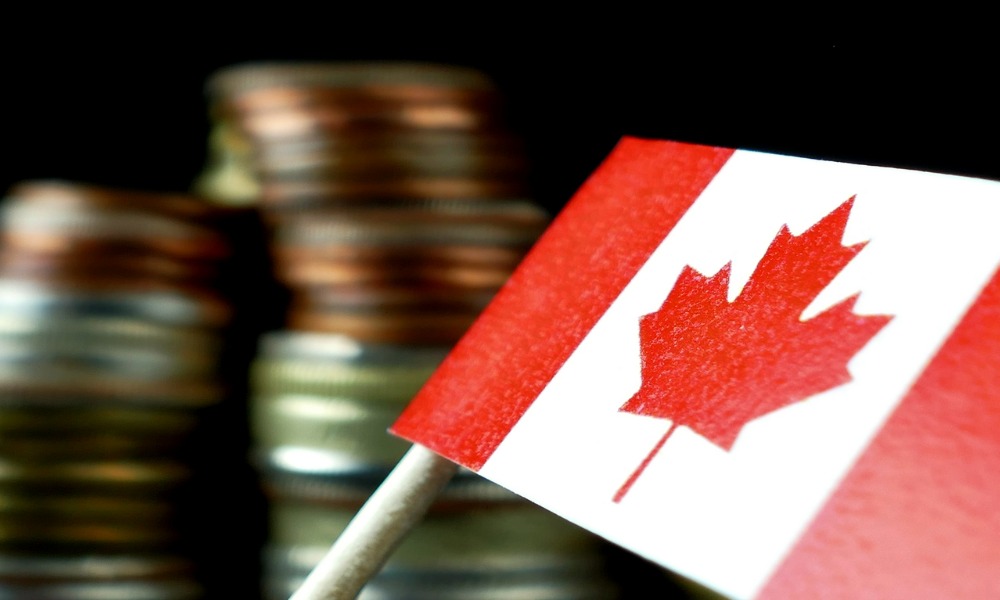Survey reveals 55% of Canadians anxious about finances

A Maru Public Opinion survey unveiled a concerning trend among Canadians, with 55 percent expressing worries about their personal and daily finances—a record high since the survey's commencement in July 2020.
This January's figure marks a notable increase from December's 52 percent, highlighting growing financial anxieties.
Additionally, the survey shed light on the escalating struggles faced by Canadians in managing their finances. In January, 41 percent of respondents admitted to finding it challenging to make ends meet, a rise from 38 percent in the preceding month.
Furthermore, a significant 33 percent of participants disclosed their reliance on government benefits to stay afloat, marking a 4 percent increase from the prior survey's results.
“People are relating back to where they were when interest rates were low and they had savings in the bank,” stated John Wright, the executive vice-president of Maru Public Opinion.
Currently, interest rates stand at a more than two-decade high of 5 percent, with Canadian consumer debt escalating to $2.4tn in the third quarter of 2023—an $80.9bn increase from the previous year, according to Equifax data.
This accumulation of debt has predominantly contributed to a “mostly pessimistic” consumer mood, as reflected in the Maru Household Outlook Index. Wright metaphorically described this month's index as “like an elevator stalled and hanging by a thread over a deep, dark shaft.”
The index, which gauges financial outlook, stood at 86 for January, where scores below 100 denote a pessimistic outlook and those above indicate optimism. This figure barely improves upon its most pessimistic reading of 83 in March 2023, signaling sustained negative sentiment among Canadians.
Despite a marginal improvement in optimism about the local economy's prospects over the next 60 days, a substantial 67 percent of Canadians still feel the economy is headed in the wrong direction, with 61 percent pessimistic about the national economy's chances of improvement in the upcoming two months.
Wright contrasted the recent findings with the optimism observed in December, where there was anticipation of potential interest rate cuts by the Bank of Canada. However, the central bank's decision to maintain rates at the current level in its January 24 meeting has tempered such hopes.
Nonetheless, Wright highlighted several positive indicators, such as anticipated stronger-than-expected GDP growth for the last quarter of 2023, potentially steering the economy towards a soft landing rather than a recession.
The International Monetary Fund projects Canada's economy to expand at the third-fastest rate among its advanced peers, and the job market appears to be holding steady with continuing wage increases.
Despite these glimmers of hope, Wright pointed out a "huge disconnect between bankers, economists, and those people who manage money" and the average Canadian's experience.
He noted the particular significance of January, a month that can set the tone for the year but is made challenging by the resumption of deductions for the Canada Pension Plan and employment insurance.
Wright concluded, “Some people are doing OK. The average Canadian is not,” underscoring the varied financial realities faced by Canadians at the start of 2024.



